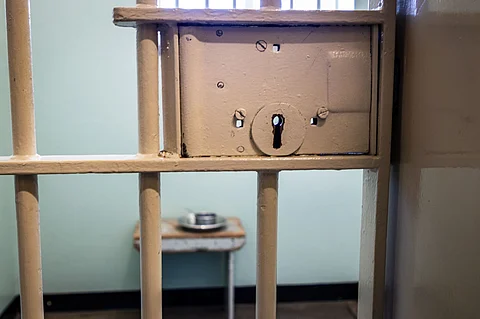

Rogers Communications is urging Parliament to treat copper theft as sabotage under the Criminal Code, arguing the crimes are causing widespread outages and endangering public safety.
Blacklock's Reporter says in a petition to the Senate transport and communications committee, the telecom giant said theft of copper wiring has surged, costing the company millions and disrupting essential services.
“We have experienced an over 400% increase in vandalism-related outages since 2022 and twice as many total outage hours per year due to these incidents,” Rogers wrote.
The company expressed frustration that current laws treat copper theft as petty theft, often resulting in only minor charges.
Rogers called on prosecutors to apply the “essential infrastructure” clause in the recently passed Bill C-70, which broadens sabotage laws to include acts causing “serious risk to the health or safety of the public,” including disruptions to infrastructure.
The law threatens up to 10 years in prison for such crimes.
“Increasing rates of copper theft and network tampering in recent years are impacting connectivity and threatening public safety nationwide,” Rogers said.
“Higher rates of organized crime as well as repeat offenders are a serious threat to Canadians’ connection to essential and emergency services.”
The financial and operational toll is significant.
Rogers said outages caused by vandalism can cost as much as $1 million per incident and take three to four times longer to repair.
In May 2024 alone, copper theft caused outages for 35,000 Rogers subscribers across Alberta, Ontario, and New Brunswick, including one incident that left 15,000 broadband customers in Alberta without service.
Copper theft is also a growing concern for Bell Canada, which testified before the Senate in December.
“Copper theft is responsible for 88% of the physical security incidents that impact Bell’s network,” said Michele Austin, Bell’s vice-president.
Austin detailed how frequent thefts have forced the company to install alarms at high-risk locations like the Lorne Bridge in Brantford, Ont., which has been targeted four times.
She also highlighted significant incidents in New Brunswick, including copper thefts near the Trans-Canada Hwy. and Canadian Forces Base Gagetown.
“In Miramichi, copper thieves knocked out both copper and fibre lines on November 19,” said Austin.
“The cost to Bell for repairs was $30,000, and it took us 24 hours to repair the damage. The internet at the Miramichi Airport was down all day.”
With scrap copper selling for $5 per pound, Rogers and Bell warn that the black-market trade in stolen materials continues to fuel these crimes.
Both companies argue that treating copper theft as a serious crime under sabotage laws is critical to protecting Canada’s telecommunications infrastructure.
